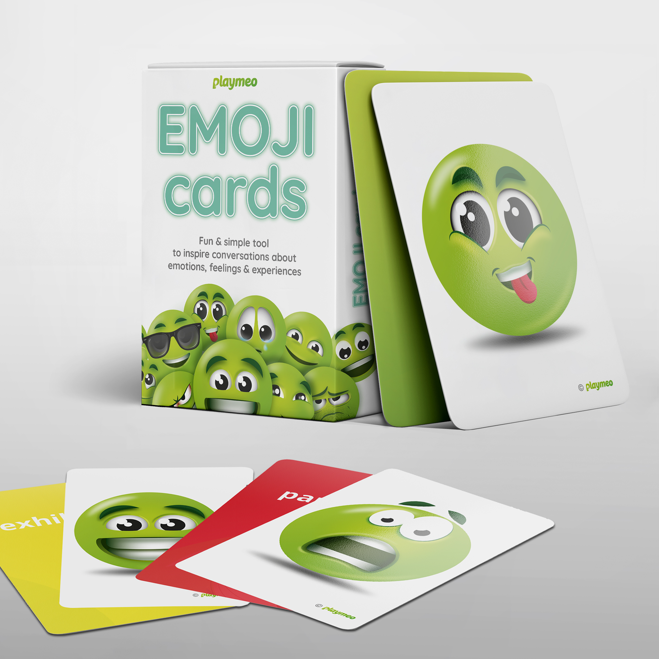20+ Fun & Engaging Ways to Form Random Pairs
So you’ve asked your group to pick a partner so that you can form smaller teams and… they immediately make a beeline to their best…

Have you ever asked yourself this question?
I’m afraid that some of the people in my team won’t want to play. What do I do?
Petar, a playmeo member, reached out to me recently with this question and asked for some tips & strategies. The following is an extract of what I shared:
You ask a great question, Petar, and have provided me with a helpful context for delivering your forthcoming workshops.
My first thoughts and recommendations are to present a sequence of activities that would invite all group members to interact and share for the express purpose of helping everyone feel more comfortable. To this end, there are 100s of exercises you could choose to deliver. I’ll get to that in a moment, but I strongly recommend you choose a bunch of activities that build relationships (ie the precursor to teamwork) all within a fun and non-threatening environment. The more connected these people become, the easier it will be to have conversations that seek to build stronger team skills, including those who don’t or won’t want to play.
So, this is the general approach I would take. Now to some specifics.
You will know a lot more about these men, but here is a list of activities – in no particular order – that would achieve the interaction, fun and sharing I suggest you focus on – One Two Three, Icebreaker Question Exchange, Categories, Crosstown Connections, Story of Your Name, Dicebreakers, Are You More Like, Build a Story, Making Connections, Values Stock Market, Name Swap, Twice Around the Block and Me You You Me.
You have not mentioned how long your session will last, nor how much time you want to devote to building relationships, but I think the above list (which is not exhaustive) will give you plenty to choose from. At all times, honour the choice of all group members. Adopt this approach, and I am confident you will attract most, if not all, of your group to play.
One word of caution – do not be influenced by the response of some of the participants if/when they say that they know each other well, ie which is code for “…you can dispense with the icebreaker activities.” This is not often true, and in most cases, “knowing each other well” is just another way of saying they are aware of one another’s presence. All groups require intentional opportunities to build relationships – all the time, new and old.
Yes, you could present one or more dedicated “teambuilding” activities – again, there are dozens that would be appropriate for this group – but in my 33+ years of experience working with groups all over the world, the most potent teambuilding programs I have led are those which were developed on a foundation of lots of fun, non-threatening play, interaction and sharing.
Get this right, and the ‘teambuilding’ will happen more naturally and powerfully – all of which means you will have a wonderful framework within which to lead your sessions, encourage everyone to participate and have important conversations about building your team’s skills.
If this topic resonates with you, watch the following Facilitator Tips video tutorial to learn a few more tips & strategies.
Please contact me below if you’d like to chat about your team and how you can engage even the most unwilling participant.
Ask Mark

Best-selling book featuring 150+ fun group games & activities. Scan QR codes to access digital content including videos.

Brand new deck of cards featuring emoji images to help you inspire conversations about emotions, feelings & experiences.
Download our free 28-page ebook jam-packed with outrageously fun activity ideas.
Just one more question:
Share this with friends and colleagues.
We offer a range of membership plans with no surprises.
Click an option below & discover our simple pricing.

Click here if you’re a:

Click here if you represent a:
Explore plans for
10, 50, 200 or more
potential users